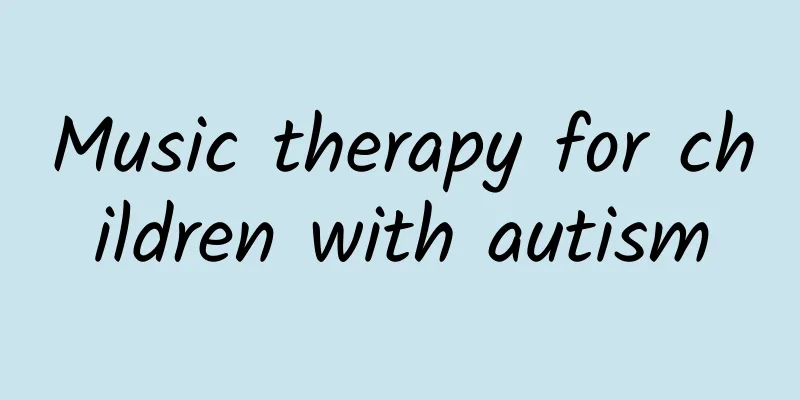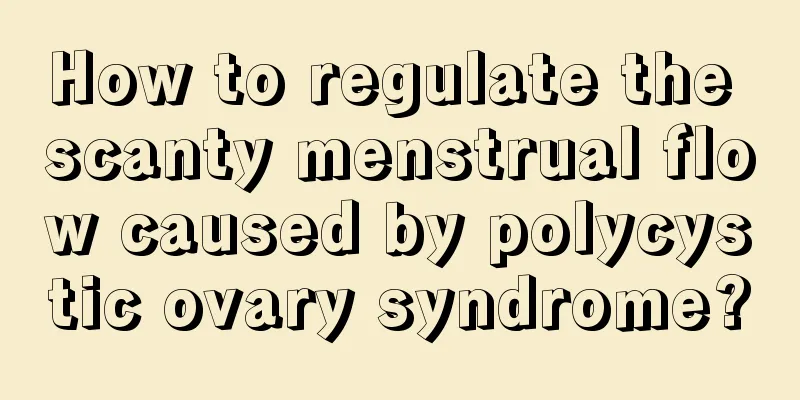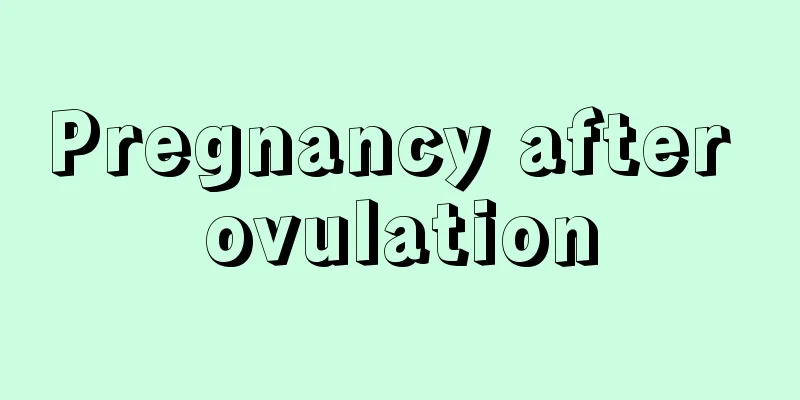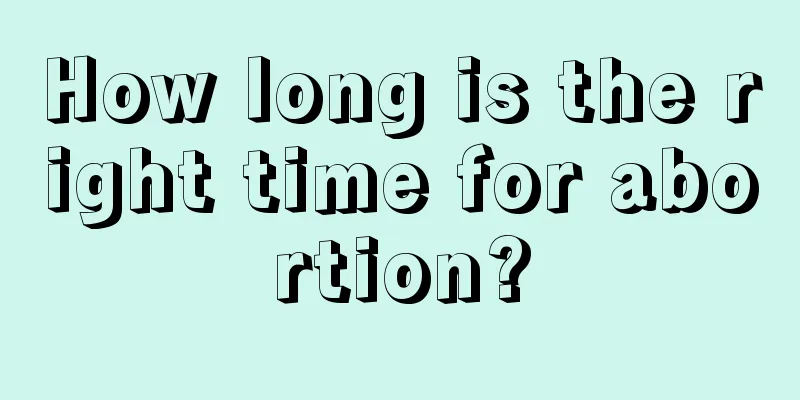Music therapy for children with autism

|
Music therapy refers to a method of treating diseases or promoting physical and mental health based on the practicality of music and applying music or music-related experiences as a means according to a systematic treatment procedure. Music can help us relax and relieve fatigue. For autistic children, music is like a good medicine, which goes beyond language to express the emotional world, open the hearts of autistic children, help them communicate with the world, and has a good effect on the treatment of autism. So what are the uses of music therapy for the treatment of autism? 1. Music therapy can develop correct social and emotional behaviors in children Children with this disorder usually have difficulty acquiring correct social skills. Organized music activities, such as singing, rhythm and movement, can provide them with an environmental stimulus for learning social behavior. Group music therapy can enhance experiences such as cooperation, sharing, observing order, and correct polite behavior. For example, through the music "Looking for a Friend", children can learn correct polite behavior (salute, handshake, etc.), and the process of listening to music will also bring them a sense of pleasure. In fact, many children with this disorder have incorrect behaviors such as not observing order, aggressive language, and random activities. However, through the process of participating in music activities, these incorrect behaviors will be significantly reduced. Under the playing of musical instruments, listening and the rhythm of music, it will become a reinforcing stimulus to enhance correct social behavior. 2. Music therapy can develop children's communication skills Poor language communication ability is the most prominent problem for children. Mild and moderate children may develop basic language skills, but severe and extremely severe children must learn non-verbal communication methods such as sign language or the use of pictures. Music activities are an ideal way to learn communication skills. Therapists use the melody, rhythm, speed, pitch, dynamics and lyrics of music to develop children's ability to express language, receive language and accept guidance. In addition, music activities can help children expand their range of speech, improve pitch discrimination, and improve speech clarity and speech quality. 3. Music therapy can enhance children's hearing and memory abilities Children usually lack the ability to distinguish between meaningful and irrelevant auditory stimuli in the environment, making it impossible to obtain and communicate information. Therapists can help children enhance their auditory system through various music activities, such as locating, tracking, identifying and distinguishing sounds. In the process of music therapy, repeated melodies and lyrics can help children enhance their memory of the content. We cannot ignore the therapeutic effect of music therapy on children with autism. In actual application, we design different activities for children of different levels, and use enthusiasm to open up the children's closed and dark world. |
<<: Young people should also know: High blood pressure is the main cause of stroke!
>>: Prevent COVID-19 and improve your baby's immunity—Practice family health massage
Recommend
Symptoms of Polycystic Ovarian Disease
Polycystic ovary is the main cause of female infe...
I have stomach pain 20 days after cesarean section
Although it is easier for women to choose cesarea...
In what environment do bananas grow? In which month do bananas usually mature?
Good bananas are large, thin-skinned, tender and ...
If you are not pregnant, take birth control pills
In modern society, some girls take emergency cont...
Growth and development patterns of adolescents
The growth stage is from birth to the early puber...
Application of 3D printed metal prostheses in the human body
Author: Ying Pu, deputy chief physician of Changs...
What should I do if I have lower abdominal pain and abnormal leucorrhea?
In our current lives, female friends are under a ...
Is there any relationship between due date and menstrual cycle?
The calculation of the due date means that since ...
The feeling of water breaking
Women are often nervous when their due date is ap...
Urban women should never do these 6 things in their life
With the development of society, people's liv...
Treatment for irregular menstruation in girls
In fact, girls are naturally weaker than boys, es...
Can I have sex after 13 days of having my IUD inserted?
It is well known that female IUD is a very effect...
What causes unexplained vaginal bleeding?
We all know that the structure of the human body ...
What are the crab offal that cannot be eaten? How to deal with crab offal
September and October are good times to eat crabs...
Is ovulation necessary for pregnancy?
I believe many people have heard that if you want...

![[National Ear Care Day] Let’s pay attention to our “ear health” together!](/upload/images/67f241860943b.webp)







